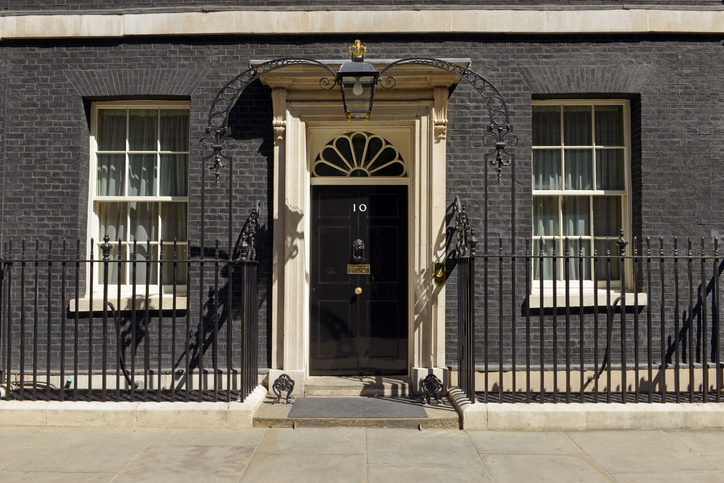When you first set up a business with family or friends, drawing up a shareholder agreement is unlikely to be high on your ‘to-do’ list. Your priorities will be to get the business off the ground, start making sales and meet your legal and tax requirements, thinking that nothing can go wrong in the future. You may think that you don’t need an agreement, or that your limited start-up budget is better spent elsewhere. You have after all decided to go into business together and think that asking for a shareholder agreement will make it sound like you do not trust or respect your new business partners.
Hence you decide that the issue is not a priority and put it on one side to be dealt with at a later date. Your business develops, your commitments increase, and it quickly becomes forgotten.
However, among the many things you need to consider when starting up, merging or expanding, it is key to include a shareholder agreement where there is more than one of you. A shareholder agreement is similar to insurance policies in that you only need it when the unexpected happens. If one of the shareholders becomes seriously ill, previously good friends disagree about how the business is developing, or one of the shareholders walks out, you could suddenly find that you cannot move forward. Meanwhile your business has grown and you have staff, customers and suppliers who rely on you, while the income you generate is essential to your family’s livelihood.
With a properly constructed shareholder agreement in place, you have clear guidelines which enable you to address the issue in a pre-agreed way and move forward. Without one, it could be difficult to resolve the situation and in the worst-case scenario the company could fail. The problem becomes worse if the business has bank or other borrowings backed by personal guarantees. The same applies to partnerships without a partnership agreement.
The purpose of a shareholder agreement is to protect the shareholders’ investment in the company, to establish a fair relationship between the shareholders and govern how the company is run. There are three issues to consider in drawing up the agreement: the impact on the business itself, the impact on families/friends/shareholders of those involved, and taxation.
The agreement will:
- set out the shareholders’ rights and obligations;
- regulate the sale of shares in the company;
- describe how the company is going to be run;
- provide an element of protection for minority shareholders and the company;
- define how important decisions are to be made.
The agreement will contain specific, important and practical rules relating to the company and the relationship between the shareholders. This can be beneficial both to minority and majority shareholders. For example, disputes will often arise over decisions on the way forward, the appointment of a director or a financial matter, and sometimes you can reach deadlock if there are only two shareholders and there is a 50:50 disagreement on the matter. Unless your agreement specifies how such issues can be resolved, you could be left with few choices other than to dissolve the company. Having a shareholder agreement which includes provisions to deal with a deadlock situation can prevent the company being dissolved.
We have had to assist businesses without an agreement which has resulted in distraction, cost and on occasion nearly ended the business. In one case, a shareholder died in unforeseen circumstances and there was no shareholder agreement, resulting in their shares passing to their spouse, who they had been separated from for a number of years. The business now had had a third party involved who had no experience or history in the business, resulting in protracted negotiations in order for the remaining shareholders to acquire the shares.
The advantage of drawing up a shareholder agreement when setting up a business is that it is typically much cheaper and has the goodwill of all parties, because they are starting out on an exciting new venture. Having set one up, it should be reviewed regularly to ensure that it still meets the requirements of all parties and the growing business.
Seeking advice from a solicitor at an early stage of the business regarding a shareholder agreement will minimise problems for the future.
Phil Mitchell is a director at tax consultants www.harbourkey.com





